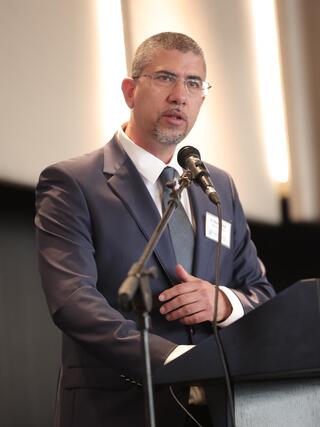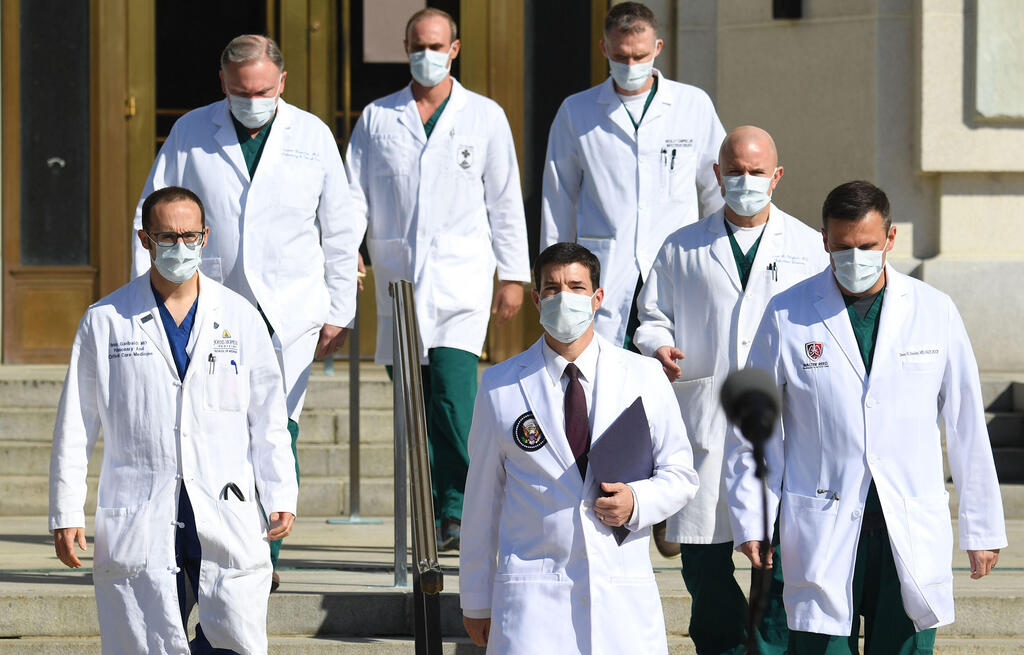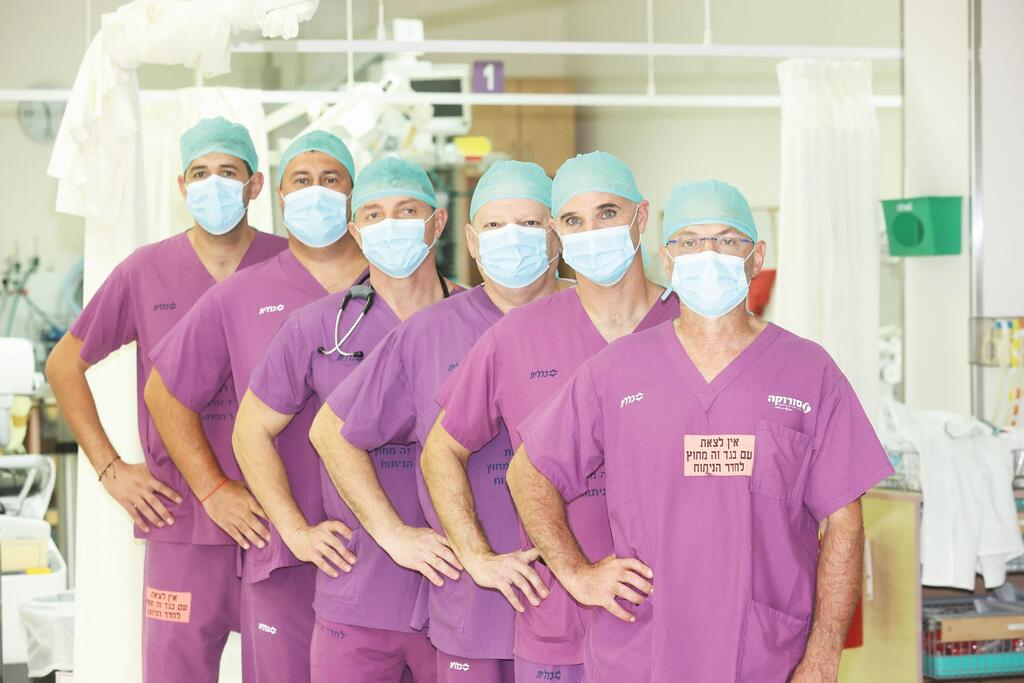Getting your Trinity Audio player ready...
Israeli doctors are leaving to work abroad—this has been known for many years. Some stay overseas right at the beginning of their careers, as young interns after completing their medical studies at top European Universities. Others leave after their internship for a specialization period in Europe or the U.S. and never return.
One question the leadership of Israel’s healthcare system must address is: Why are doctors leaving, or why aren't they returning to Israel? The answers, in my opinion, are clear and straightforward, especially when you consider the stage in their careers when doctors choose to leave.
Graduates of medical faculties abroad are already exposed to the wider world during their studies. They live in Europe for around six years, become familiar with job opportunities, and working conditions, and need no further persuasion. With salaries that can reach €10,000 a month and 9-hour shifts, compared to €5,000 a month, and 26-hour shifts in Israel — so where is the dilemma?
The opportunity to lead a fulfilling professional career while enjoying a healthy family life is highly appealing. In contrast, Israel seems small, grey, and unconvincing, especially when compared to the employment conditions offered by hospitals and community healthcare in Europe and the U.S.
For specialist doctors going abroad for further training, the situation is just as clear.
In most Israeli hospitals, they simply aren’t welcomed back after completing their specialization. They receive no funding for their specialization period, often relying on parental support or themselves to cover the costs—around $200,000 for a two-year learning period. And after all that, there’s usually no guaranteed job waiting for them upon their return.
The search for positions in management or department leadership is exhausting, competitive, and tough. Meanwhile, in Europe and the U.S., with much larger job markets, they’re welcomed with open arms and attractive employment conditions.
And the result? The Tel Aviv metropolitan area isn’t short of doctors. The competition for internship and specialist positions is fierce. There’s a sufficient supply of doctors because these are the best and most advanced hospitals in the country. Graduates from hospitals like Ichilov, Beilinson, and Sheba Tel Hashomer, will have little difficulty finding work after their internship.
But it’s the periphery that suffers. From the establishment of the state until today, the periphery has been severely neglected compared to central Israel. Education and healthcare services lag, and sadly, some seem determined to maintain these disparities.
In southern Israel, life expectancy is lower compared to central areas, the quality of life is poorer, and the health and academic security that every person deserves is significantly lacking.
The shortage of doctors won’t harm Tel Aviv, but it is already harming Be’er Sheva, Yeruham, Dimona, and, of course, Eilat. This is a call to action. Real Zionism isn’t in empty slogans and hollow boasts. About six months ago, we submitted a proposal to the Council for Higher Education to establish a medical school in Eilat. Unsurprisingly, we were rejected.
Such a faculty, if approved, would invite students from all over the world to study medicine in Eilat. It would provide high-quality academia while significantly improving healthcare services in Israel’s southern region.
 Dr. Moshe Cohen, the CEO of ‘Medical Doctor’
Dr. Moshe Cohen, the CEO of ‘Medical Doctor’This is the true realization of the Abraham Accords and the peace agreements with Egypt and Jordan. It is the only solution that will bring healing and begin to correct the disgraceful neglect of the periphery.
This is the realization of the true vision of Ben Gurion and Shimon Peres. Now is the time to act. It’s a matter of saving and improving lives because, for the people in the periphery, there is no time to waste.
Dr. Moshe Cohen is a cardiologist and the CEO of ‘Medical Doctor’- a premedical school for medical studies in Europe, and the the Eilat Medical School entrepreneur.
Get the Ynetnews app on your smartphone:





